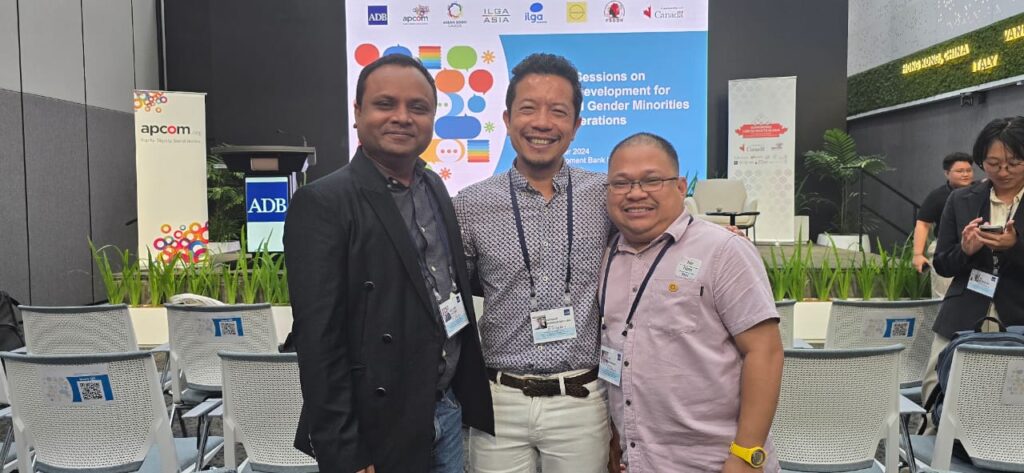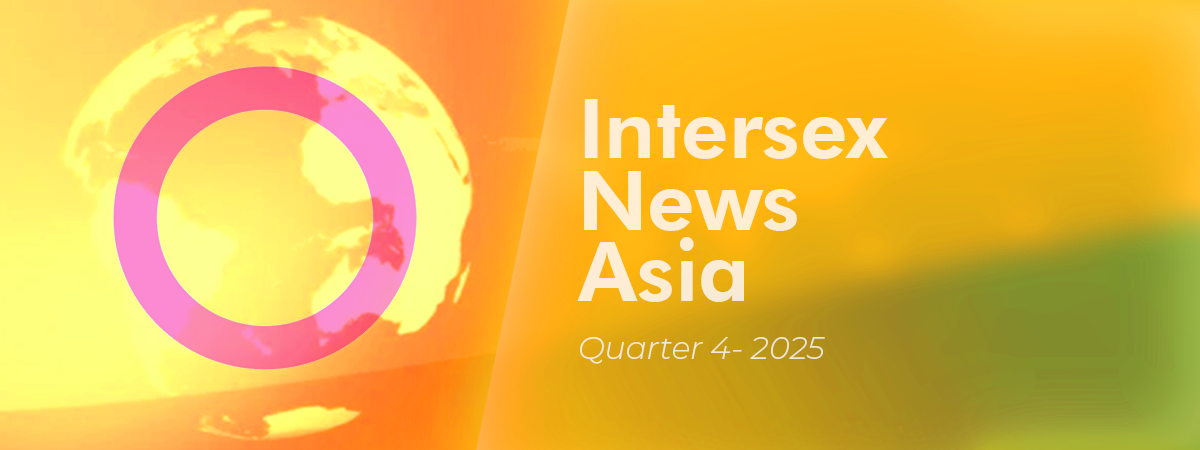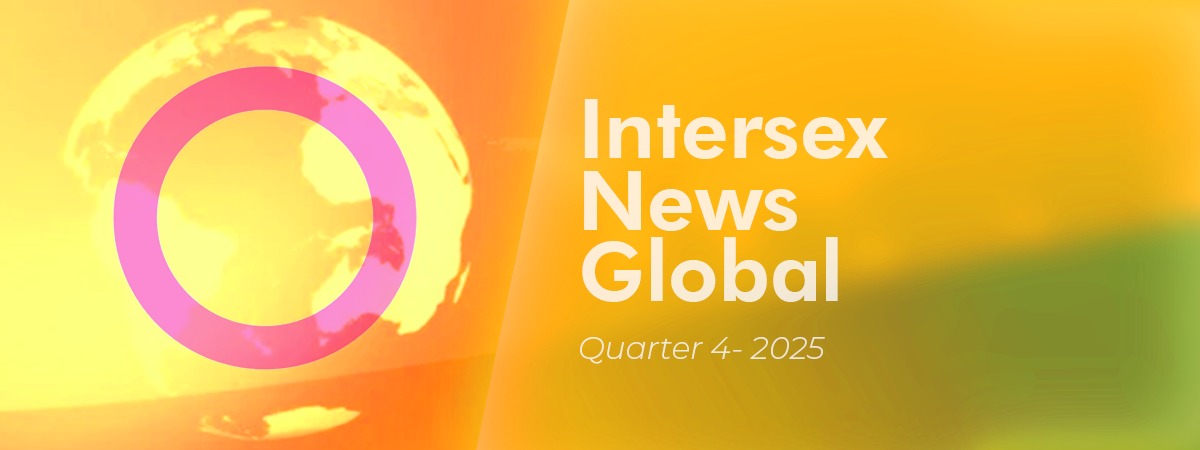Intersex Asia (IA) participated in the meeting titled ‘2nd Learning Week: Learning Sessions on Inclusive Development for Sexual and Gender Minorities in Asian Development Bank (ADB) Operations’ from 21 Oct to 23 Oct 2024 in Manila, the Philippines. The primary objective of IA’s participation in this meeting is to showcase the organization’s dedicated efforts and ongoing projects throughout Asia, where it has been actively working to support various communities. In particular, IA intends to spotlight the challenges faced by intersex individuals, who often endure discrimination and lack societal awareness. This is vital for developing the “Road Map for Inclusive Development of Sexual and Gender Minorities in ADB Operations, 2025–2030,” aimed at creating a SOGIESC Inclusion Reference Group.
Jeff B. Cagandahan, Co-chair – Intersex Asia, and Selvan Anthony, Program Manager – Intersex Asia, participated in this ADB meeting. On 21 October, Jeff participated as a panelist in the session titled ‘ Integrating Diverse SOGIESC Perspectives into Development Projects for Equitable Outcomes’. During his discussion, he highlighted that to better address the intersectionality of sexual orientation, gender identity and expression, and sex characteristics (SOGIESC) issues alongside other factors such as poverty, disability, or ethnic minority status in its project design, the Asian Development Bank (ADB) can adopt several strategies, that includes the following;
First, ADB should conduct needs assessments to explore how SOGIESC issues intersect with economic, social, and cultural factors. Engaging marginalized communities will help the bank gain valuable insights into their unique challenges and aspirations. Second, ADB could create a framework to integrate intersectional analysis into all stages of project design and implementation. This would include indicators reflecting SOGIESC identities and key factors like income, disability status, and ethnicity. Disaggregating data will help clarify the impacts on different demographic groups. Third, training staff on intersectionality related to SOGIESC issues is crucial. By enhancing their ability to address these complexities, ADB can create more inclusive environments and better meet diverse community needs. Additionally, partnering with local organizations that focus on SOGIESC advocacy can enhance ADB’s outreach, as they often have strong community connections and can help build essential trust for effective program delivery. Finally, monitoring and evaluation mechanisms should be strengthened to track project outcomes across various intersecting identities. This will not only measure effectiveness but also allow for adjustments based on real-time feedback from affected populations.

Jeff emphasized that by thoughtfully applying the above approaches, ADB can make its projects more inclusive and responsive to the complex realities of individuals facing SOGIESC issues alongside factors like poverty and ethnicity.
In the following discussion, Jeff also discussed specific challenges faced by Intersex communities and offered some recommendations for their initiatives. Cagandahan Bill: The Cagandahan Bill in the Philippines aims to simplify the process for individuals seeking to change their sex marker on official documents. Despite its good intentions, public acceptance is a significant obstacle, as cultural beliefs and misconceptions often shape attitudes toward gender identity, leading to resistance to change. Additionally, practical issues such as bureaucratic processes, personnel training, and public awareness of new protocols could complicate execution. Challenges in accessing life-saving medicines and health care for Intersex Individuals: Access to essential healthcare services for intersex children is a critical issue that needs immediate attention. Lack of Public Awareness: The lack of public awareness surrounding intersex conditions poses a significant challenge that affects not only the individuals who identify as intersex but also the systems and communities around them. Mental Health Support: Intersex individuals, those born with biological characteristics that do not fit typical definitions of male or female bodies, often face unique challenges that can significantly impact their mental health.
Besides highlighting the challenges, Jeff also provided some recommendations – Inclusion of SOGIESC in medical curriculum: Including SOGIESC in the educational curriculum is crucial for building an inclusive society. Intersex issues should be integrated from primary schools to higher education, using tailored resources such as coffee table books on intersex experiences and children’s storybooks that promote empathy and understanding from an early age. Sensitization Programs for Medical Professionals: It is crucial to implement training programs that sensitize medical professionals to the needs of intersex individuals. These programs should promote respectful and inclusive language, recognizing the unique experiences of intersex patients. Additionally, they should cover tailored care practices to ensure providers deliver sensitive, informed care. Collaborative Efforts by Government Agencies: To effectively support intersex individuals, the Health Ministry, Department of Education, and relevant government bodies must collaborate. By joining forces, these agencies can increase awareness and understanding of intersex issues in society.
Overall, this 3-day meeting provided an opportunity for Intersex Asia to highlight the ongoing issues faced by intersex individuals, particularly the political challenges in Asia. We extend our gratitude to APCOM and ADB for offering this platform to Intersex Asia. In collaboration with APCOM, Intersex Asia will continue to engage with ADB to create an effective roadmap for the inclusive development of sexual and gender minorities in ADB operations for the period 2025–2030.
Follow us and subscribe to our newsletter for the newest updates on intersex movements.
Facebook – Instagram – LinkedIn – X – Thread




